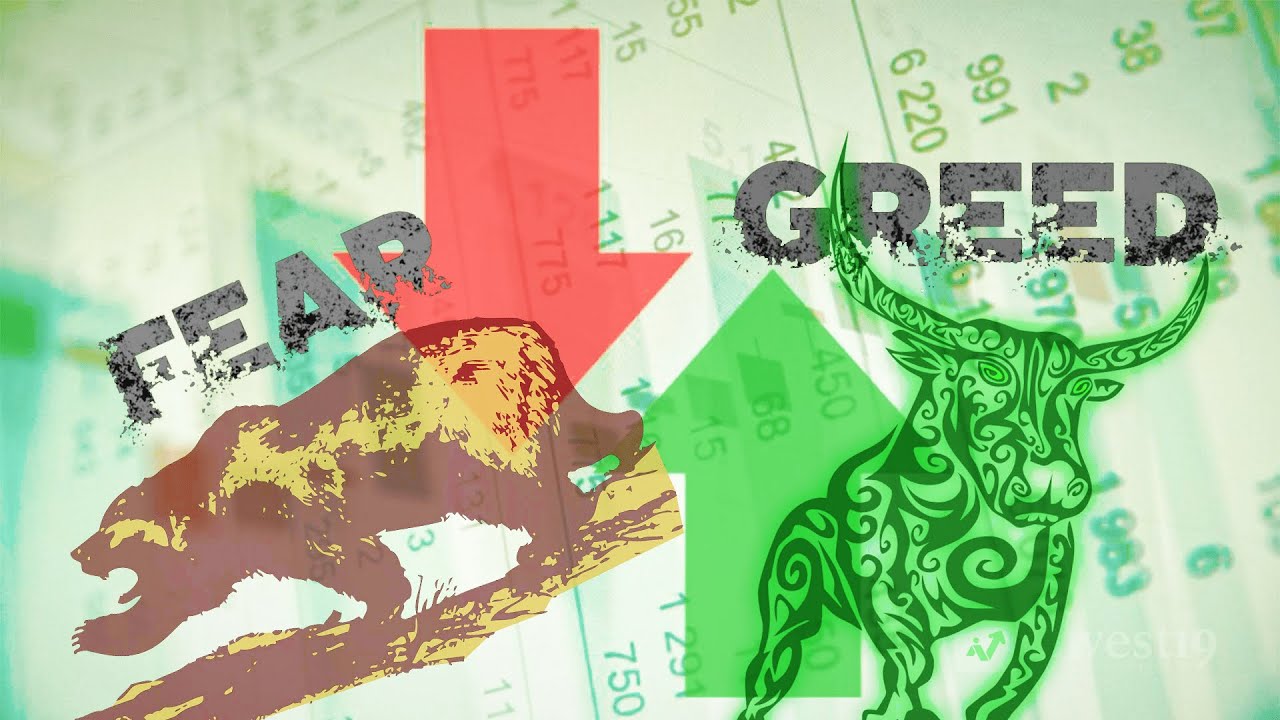Greed in Trading
28 September, 2025
The Destructive Power of Greed in Trading
Greed in Trading, our favorite business is one of the most destructive emotions faced by traders. Despite the fact that trading is a process based on analysis, strategy, and mathematics, greed can undermine all these aspects and lead to large losses. That’s why I want to talk about why greed is a problem and how it affects trading.
Why Greed in Trading is a Bad Thing
Ignoring Risks
Greed forces you to focus solely on potential profits, ignoring possible risks. When you see a “sure thing” in the form of a promising quick and big profit, you may start taking more risks than your strategy allows. This is especially dangerous in the crypto market, where price volatility can be significant.
Example: You open a deal to buy BTCUSDT, hoping that the exchange rate will rise. You see that the price has rolled back down a bit, but you decide that “now is the time to buy, because the price will go up again soon.” However, you forget to set a stop loss, relying on intuition. The market keeps falling, and you end up losing more than you expected. Your greed prevented you from properly assessing the risks.
Inability to Keep Profits
Greed also prevents traders from keeping profits within reasonable limits. When a deal starts to make a profit, there is a temptation to leave it open, hoping for even more income. However, the market can change unpredictably, and you end up losing all profits.
Example: You have opened a deal to buy an ETHUSDT pair. The price increases by 100 points, but you decide that the market will continue to grow, and you do not close the deal, although you had a target of 100 points. The market turns around and the price returns to the entry point or even goes into a loss.
Lack of Strategy
When a trader focuses only on profit, he can forget about the importance of strategy. Trading turns into a series of random decisions, instead of being organized and thoughtful. Greed can force a trader to enter into trades without proper analysis.
Example: The trader has a good strategy but decides to open a trade based solely on rumors from a traders’ chat. The transaction turns out to be unprofitable, as it was made without proper analysis.
Emotional Exhaustion
Greed can lead to emotional exhaustion and stress. When you are constantly striving for profit, you can become too tense and restless, which affects your ability to make informed decisions.
Example: Not satisfied with the average profit for the day, you try to compensate by opening many high-risk transactions. This makes you nervous and reduces your ability to analyze the market.
Practical Ways to Combat Greed in Trading
Strict Adherence to a Trading Plan
Every trader should develop a trading plan that clearly outlines goals, acceptable risk levels, and strategies. Following this plan helps avoid making impulsive decisions based on greed.
Example: A trader decides not to open a trade if the indicators do not confirm his decision, even if he has a “gut feeling.” This discipline helps avoid accidental transactions.
Setting Limits on Profits and Losses
Using stop loss and take profit orders is crucial. A stop loss helps limit losses, while a take profit allows you to lock in profits at a pre-set level. This eliminates the temptation to expect more than the market can offer.
Example: A trader risks no more than 0.5% of his capital per trade and sets stop loss and take profit orders accordingly.
Understanding the Risks
A trader must understand how much he is willing to lose in each trade and adhere to this limit to avoid situations where greed forces him to risk more than he can afford.
Example: Calculating the position size and stop loss level to ensure the risk does not exceed 0.5% of the capital.
Division of Risk Capital
It is not worth risking the entire risk limit in one trade. Dividing the risk into several parts helps to reduce losses and maintain psychological stability.
Regular Breaks and Self-Analysis
Trading requires high concentration, and it is important to take regular breaks to avoid emotional overload. Regular self-analysis helps to realize when greed starts to take over.
Example: After each trade, pause for 15-30 minutes to calm down and analyze your actions.
Awareness of Failures
Failures are an inevitable part of trading. It’s important not to try to compensate for losses right away, as this can lead to new losses. Instead, treat losses as part of the process and focus on improving your strategies.
Example: After a losing trade, rethink your strategy instead of trying to “recoup” immediately.
Conclusion
Greed in trading can be extremely destructive, but with the right approach and discipline, its impact can be minimized. Strict adherence to the trading plan, setting limits on profits and losses, correct risk assessment, and psychological stability are key points in the fight against greed.
